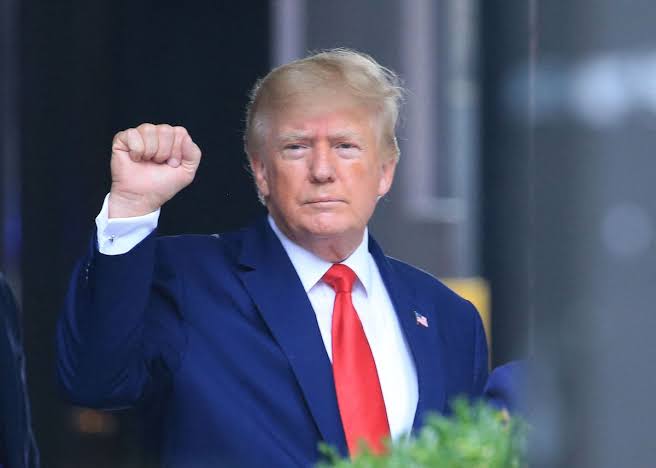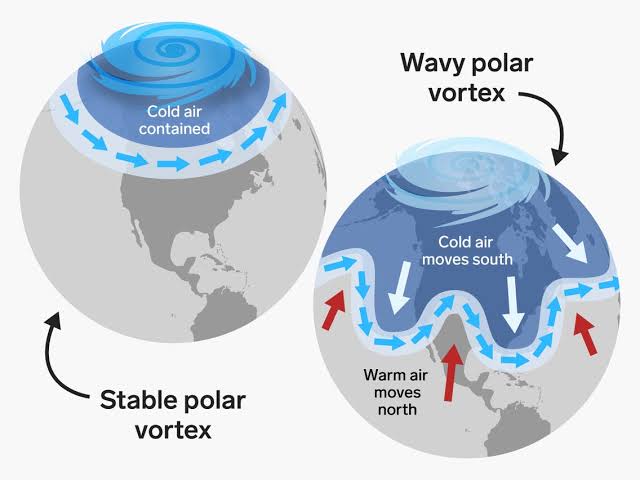Donald Trump will file a motion for a ‘special master’, aiming to inspect the evidence recovered by the FBI during a raid at Mar-a-Lago property.
Former US President Donald Trump will file a motion for a ‘special master’, aiming to inspect the evidence recovered by the Federal Bureau of Investigation (FBI) during a raid at Mar-a-Lago property, The Hill reported. The media report came following a social media post of Trump wherein he hinted at legal action concerning the Mar-a-Lago raid, claiming his rights have been violated. Earlier on August 8 this year, the law enforcement agency conducted a raid at the residence of the ex-President’s home in Palm Beach, Florida. Speaking to Business Insider, legal experts ascertained that significant evidence must have backed up the warrant authorising the search.
However, citing Trump’s lead counsel for the matter, James Trusty’s recent conversation with a conservative radio talk show, the American newspaper reported that the former US head will file the motion “very soon”. According to Trusty, the 45th US President will file a motion related to the Fourth Amendment to the Constitution. Notably, the Fourth Amendment protects people from “unreasonable” searches and seizures. Further, he explained that the role of the special master is to carry out a judicial matter on the behalf of the court. “There needs to be somebody in the middle because the Justice Department (DOJ) should not be able to be the guardians of what’s privileged or not,” he contested during the show.
Trump wants to prevent the public revelation of documents seized in Mar-a-Lago search
According to Trusty, as of now, the FBI agents have the power to take the entire box if a document marked as classified was found in it. It means the FBI has unlimited authority to search the entire document that is collectively stored with the suspicious box. With the amendment, Trump wishes to ‘limit’ their power, said Trusty. It also prevents the law enforcement agents from publicly revealing the content of the seized or classified documents. “The Fourth Amendment requires that warrants specifically describe the location to be searched and items to be seized,” he said. If the motion will be passed, it requires warrants specifically describing the location to be searched and items to be seized.



